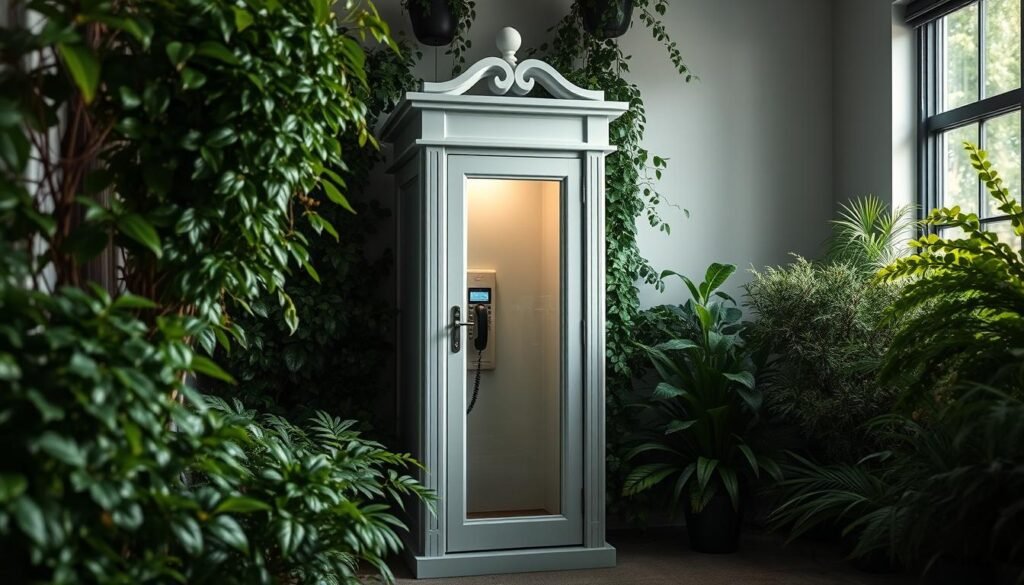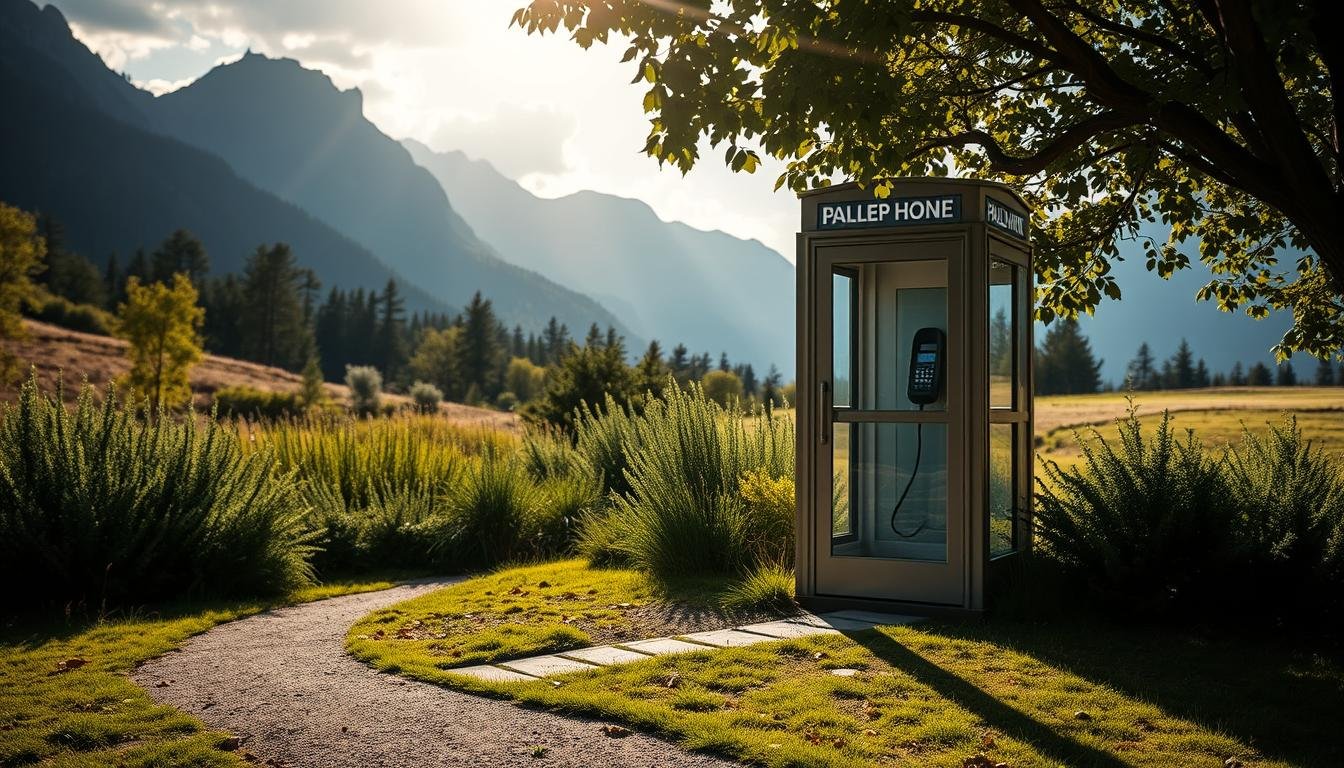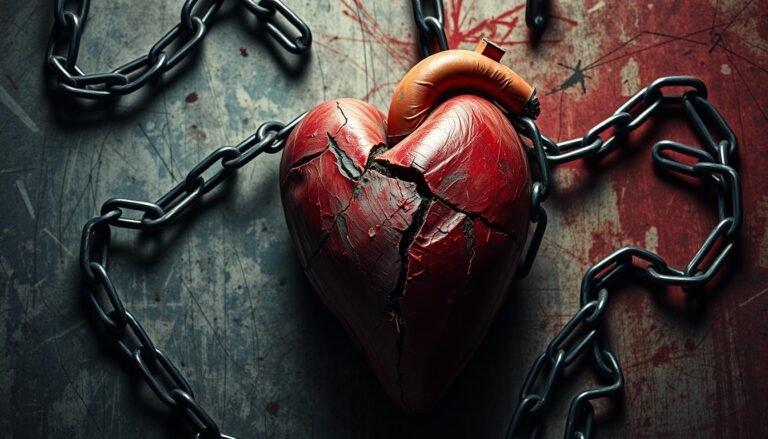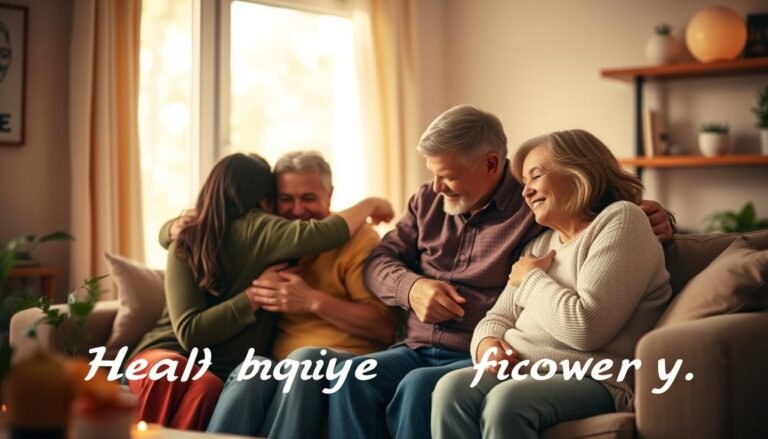Find Local & National Addiction Hotlines Near You
Recovery from addiction is tough, but you don’t have to face it alone. Addiction hotlines offer 24/7 support and connect you to important resources. They help those struggling with addiction and their loved ones find hope and healing.
Substance abuse is a big problem, affecting nearly 169 million Americans aged 12 and older. Yet, only 1 in 4 people who need treatment get it. Addiction hotlines are a confidential way to seek help and find the services you need.
Key Takeaways
- Addiction hotlines offer free, 24/7 support and information for those struggling with substance abuse.
- Hotlines are staffed by trained professionals who can provide referrals to local treatment providers and resources.
- Calling an addiction hotline is a confidential and anonymous way to take the first step towards recovery.
- Hotlines can connect callers with a variety of services, including crisis intervention, peer support, and educational resources.
- Addiction hotlines are a vital resource for individuals, families, and communities affected by the opioid epidemic and other substance use disorders.
Understanding the Scale of Addiction in America
Substance abuse and addiction are big problems in the United States. According to the American Society of Addiction Medicine, addiction is a chronic brain disease. It affects brain functions like reward, pleasure, memory, and motivation.
The stages of addiction include initial use, abuse, tolerance, dependence, addiction, and relapse. Many risk factors can lead to addiction.
The Diagnostic and Statistical Manual of Mental Disorders (DSM-5) lists 11 signs for diagnosing substance use disorders. A mild disorder has 2-3 symptoms, a moderate disorder has 4-5, and a severe disorder or addiction has 6 or more. Tolerance and dependence can start the addiction cycle, needing professional treatment to manage.
The addiction crisis in America is huge. Nearly half of all people 12 and older in the United States have used an illicit substance at least once. Almost 1 million people have died from drug overdoses in the last 20 years.
In 2020, over 37 million people 12 and older used illicit substances. 13.5% of Americans 12 and older used drugs in the past 30 days. Substance abuse and addiction cost the United States over $700 billion a year in healthcare, crime, and lost productivity.
The mental health crisis makes addiction worse. About 50% of individuals with a diagnosed mental illness will also struggle with substance abuse. These numbers show we need better addiction treatment and support services. Addictionhotlinetoday.com is working to help.
What Are Addiction Hotlines and Their Purpose
Addiction hotlines are key for those fighting substance abuse and their families. They offer free, confidential help 24/7. You can get crisis support, treatment info, and more.
Types of Support Available
Hotlines like SAMHSA’s suicide and crisis lifeline at 988 are always ready to help. They manage crises like overdoses. Helplines, like the Partnership to End Addiction Helpline, offer ongoing support and resources.
Who Can Benefit from Hotline Services
Hotlines and helplines help many, including those with addiction and their families. They provide info, support, and treatment referrals. These services are for anyone affected by addiction.
When to Call an Addiction Hotline
Knowing when to call a hotline is key. They’re great in emergencies or when seeking treatment advice. If you or someone you know needs help, don’t hesitate to call.
Addiction hotlines and helplines are vital in the fight against the opioid epidemic. They offer free, confidential help 24/7. These resources can greatly impact those struggling with addiction.
National Emergency Substance Abuse Resources
In times of crisis, there are many national hotlines and services ready to help. They offer emergency assistance, addiction help, and quick support. These hotline services are a lifeline for those struggling with substance abuse or mental health issues.
The Substance Abuse and Mental Health Services Administration (SAMHSA) runs the National Helpline at 1-800-662-HELP (4357). It’s open 24/7 for treatment referrals and info on rehabme.org and other resources. The National Suicide Prevention Lifeline, at 988, offers crisis counseling and emotional support.
For youth, the Boys Town National Hotline at 1-800-448-3000 (with a TDD line at 1-800-448-1833) provides guidance and referrals. Drugfree.org has a helpline at 855-378-4373 or text at 55753, connecting people with addiction help and resources.
These national emergency assistance and addiction help hotlines have trained professionals ready to help. They can offer immediate crisis intervention, treatment options, and ongoing support. Whether you or a loved one is facing substance abuse challenges, these hotline services are here to help.
Confidentiality and Privacy Protocols
Privacy and confidentiality are key when looking for addiction help. Addiction hotlines know how important it is to keep things private. They follow strict rules to protect your information. The Health Insurance Portability and Accountability Act (HIPAA) helps keep your health data safe, including addiction treatment records.
Legal Protections for Callers
HIPAA’s Privacy Rule makes sure your health info stays private. This rule applies to addiction hotline calls. If these rules are broken, there can be big penalties. So, hotline workers focus a lot on keeping your call private.
Anonymous Support Options
Many hotlines offer anonymous support. This means you can get help without sharing your name. It’s great for those who want to keep their treatment private. They know their call will stay confidential.
Information Security Measures
Hotlines also use strong security to keep your data safe. They use secure ways to talk and store your info. They control who can see your data. So, you can talk openly about your addiction without worry.

“Addiction is a deeply personal and sensitive issue, and those seeking help deserve the assurance of complete privacy and confidentiality. Addiction hotlines prioritize protecting caller information to create a safe, non-judgmental environment for individuals to take the first steps towards recovery.”
Treatment Options and Support Services
Dealing with addiction recovery can feel overwhelming. But, addiction treatment hotlines are here to help. They guide people to the right treatment and support services for their needs.
Hotlines connect you with options like medical detox, behavioral counseling, and medication-assisted treatment (MAT). Aftercare programs are also available. The cost varies, with detox from $250 to $800 a day. Intensive outpatient treatment costs $3,000 to $10,000, and residential treatment can be up to $80,000 or more.
Recovery from addiction is a journey. Rehab referral hotlines play a big role in this journey. They offer addiction recovery assistance, giving confidential guidance and connecting you with local resources. By calling these hotlines, you can start your journey to recovery.
“The road to recovery is not always an easy one, but with the right support and resources, it is a journey worth taking.” – Dr. Jane Doe, Addiction Specialist
If you or a loved one is struggling with substance abuse, addiction treatment hotlines are here to help. They provide the support and guidance needed to start your recovery journey. By using these resources, you can get the addiction recovery assistance you deserve and move towards a healthier life.
Cost Considerations for Addiction Treatment
Getting help for addiction can cost a lot, but it’s a key step towards healing. Prices vary a lot, from a few hundred dollars for outpatient detox to tens of thousands for luxury inpatient programs.
Insurance Coverage Options
Many insurance plans help pay for addiction treatment. How much they cover depends on the treatment type, program length, and your policy. Always check with your insurance to know what you’ll pay and what’s covered.
Financial Assistance Programs
If you don’t have insurance or have limited coverage, there are ways to get help. Look into scholarships, grants, and payment plans that fit your budget. Treatment centers often have financial aid programs to help.
Free Treatment Resources
There are also free options in many places. You can find support groups like Alcoholics Anonymous and Narcotics Anonymous. Nonprofit organizations and addiction hotlines offer information on low-cost or free treatment near you.
Beating addiction is tough and expensive, but there are ways to make treatment more affordable. Look into insurance, financial aid, and free resources. This way, you can find the help you need to start your recovery journey.

Support Groups and Community Resources
Support groups and community resources are key in fighting addiction. They offer a safe place for those struggling with substance abuse. Here, they can meet others who face similar challenges.
Alcoholics Anonymous (A.A.), Al-Anon, Alateen, Narcotics Anonymous (NA), NAR-Anon, and SMART Recovery are well-known groups. They have both in-person and online meetings. This way, people can get help no matter where they are.
These groups help by sharing experiences and advice. They teach how to stay sober and find healthy ways to cope.
Communities also have addiction treatment centers, counseling services, and educational programs. These community addiction resources help meet the needs of those affected by substance abuse. They offer sobriety support hotlines, therapy, and rehab services.
Getting involved in addiction support groups and using community addiction resources can change lives. It builds a community and understanding. These support systems are key to long-term recovery and wellness.
Specialized Addiction Hotlines
Recovering from addiction can be tough, and everyone’s journey is different. Specialized hotlines offer support and resources for various groups. They help meet the unique needs of each population.
Veterans Support Services
Veterans have a special hotline, the Veterans Crisis Line. It’s available at 1-800-273-8255, press 1. This hotline connects veterans with responders who get their struggles.
LGBTQ+ Resources
The LGBTQ+ National Hotline is a safe space at 1-888-843-4564. It’s for those in the LGBTQ+ community to get help for addiction. They can talk about their struggles with sexuality and gender identity.
Youth-Specific Programs
Young people face big challenges with addiction. Luckily, there are hotlines and programs just for them. Alateen is for teens affected by addiction. The Boys Town National Hotline (1-800-448-3000) helps 24/7 with substance abuse and more.
These hotlines show a big commitment to helping different groups. They offer support and resources for veterans, LGBTQ+ individuals, and young people. Their work is key to helping these groups find lasting recovery.
Mental Health and Dual Diagnosis Support
It’s key to tackle mental health and substance abuse together for full recovery. About 59 million adults in the U.S. face mental illness. This shows we really need mental health crisis lines and dual diagnosis treatment.
Hotlines like the National Alliance on Mental Illness (NAMI) at 1-800-950-6264 help with mental health and addiction. They offer support, resources, and help find treatment for both issues. This way, people get the care they need for their mental health and addiction.
Reaching out to addiction counseling hotlines is a big step towards getting help. These hotlines connect you with experts who can figure out what you need. They then suggest treatments that work best for you, helping you recover fully.






